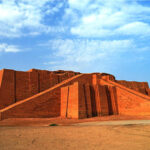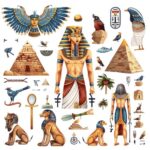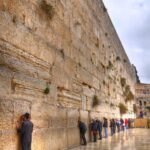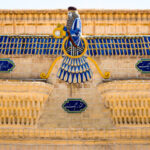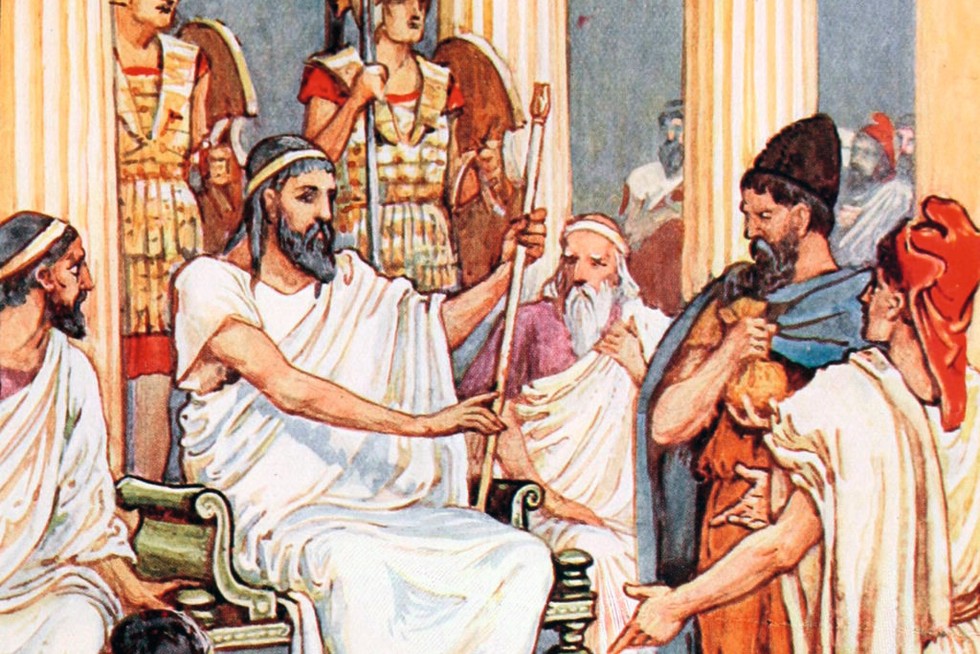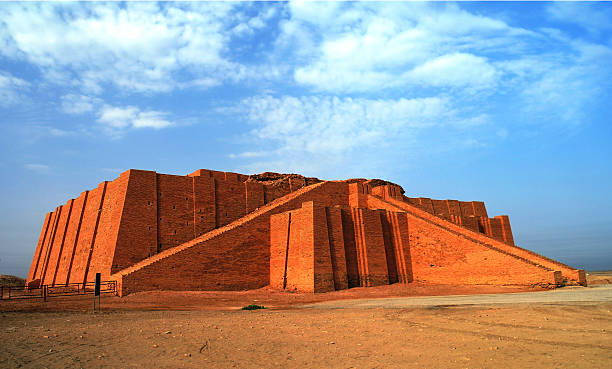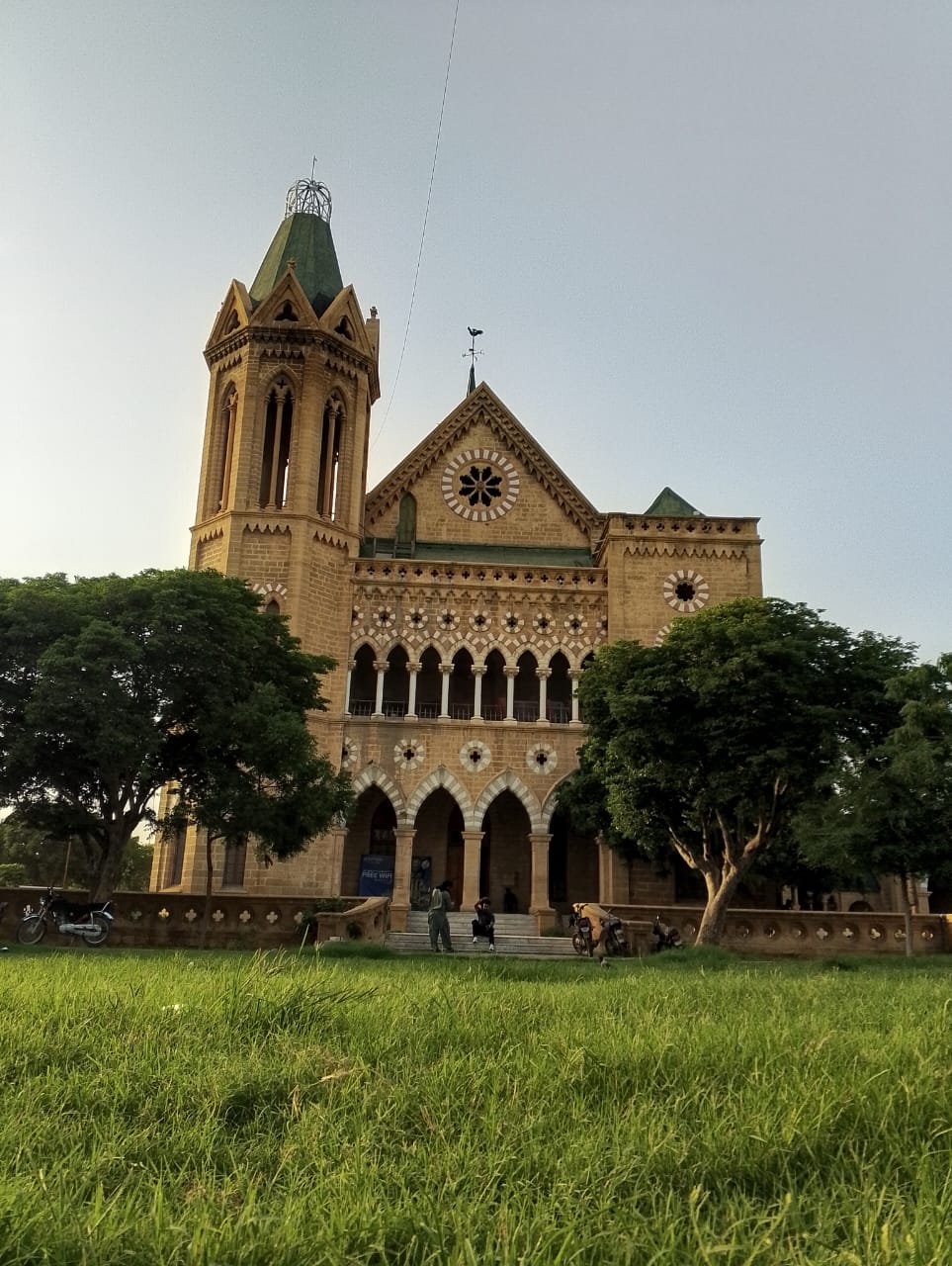After the civilizations of Egypt, Iraq, Sindh, and China, Greece was perhaps the most advanced of all regions. Greece is located in southeastern Europe. It is located on the southern side of the Balkan Peninsula. It borders Albania, North Macedonia, Bulgaria, and Turkey, as well as the Aegean, Ionian, and Mediterranean Seas. Greece is largely mountainous. It has little land area. It has hundreds of islands.
Minoan Civilization
Ancient Greece, which dates back to around 3000 BC, begins with the Minoan Civilization. This civilization flourished on the island of Crete. Like other civilizations in the world, this civilization also established its own identity in trade, art, and architecture.
Mycenaean Civilization
This civilization was built on the land instead of the island of Greece. This civilization flourished around 1100 BC. This civilization fell like the Trojans.
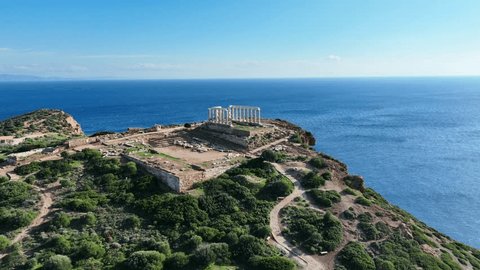
Dark Age, 800 BC
We call this period the Dark Age because during this period, literature, art, and architecture were weak. Only poets like Homer emerged during this period.
Read about ancient Indus Civilization
Archaic Period, 500 BC
During this period, city-states developed in Greece. Athens and Sparta rose as famous cities. During this period, the Greeks created the alphabet. Literature, architecture, and sculpture began to develop.
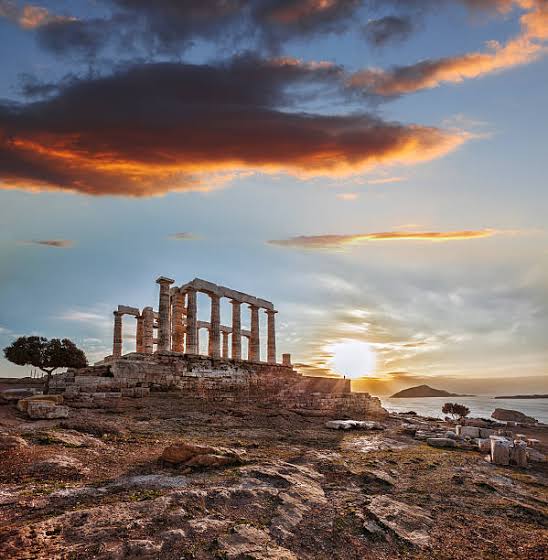
In 480 BC, the Persian Emperor Xerxes, after the failure of his father Darius I, invaded Greece again in order to bring all of Greece under Persian control. The king of Sparta was Leonidas. He gathered about 300 soldiers and also gathered a few thousand soldiers from other Greek states to fight, while the Persian army numbered one hundred thousand or one and a half million soldiers.
Greece won the war. Hollywood also made a famous movie called 300 about this war.
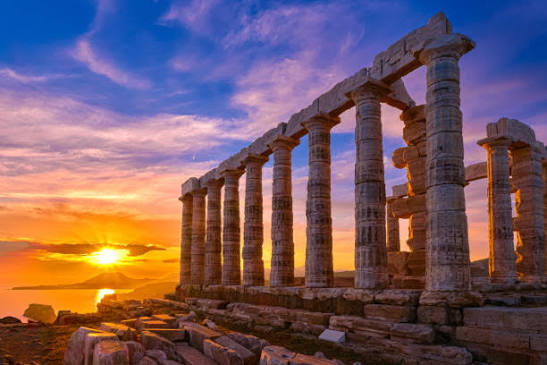
Classical Period, 500 BC to 323 BC
We know this as the rise and development of the Greeks, where Greece reached the peak of its development. During this period, Athens became a center of democracy, philosophy, literature, art, science, and knowledge. During this period, philosophers like Socrates, Plato, and Aristotle were born.
Later, the Peloponnesian War also broke out, after which Alexander the Great came and united all of Greece. Alexander attacked many countries of the world. After Alexander’s death, this civilization began to collapse again.
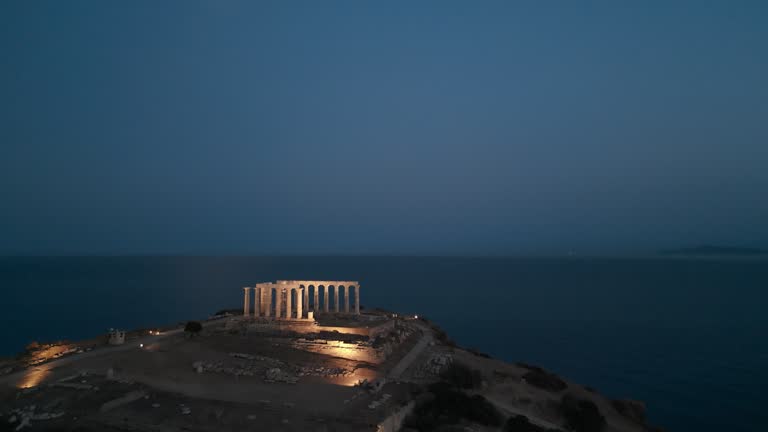
The Era of the Roman Empire
The Roman Empire came to power and rose in Europe. The Romans invaded and conquered Greece.
Greek Resistance During the Roman Empire
When the Romans conquered Greece, they crushed the first resistance and ended Greek sovereignty. The Romans made Greece a province. The city-state of Athens kept symbolic independence. Greece rebelled against the Romans in the form of a coalition, but the Romans crushed it. The Romans destroyed the cities.
When the political uprising in Greece ended, the Greeks continued their literary and cultural resistance. For this reason, Greece lost its political independence during the Roman period, but it distinguished itself through literature and culture.
Byzantine Period, 330 to 1453 AD
During this period, Greece also held the status of a province. The rulers declared Christianity the official religion, while the empire kept Greek as the official language.
Ottoman Empire, 1453 to 1821
In 1453, the Ottoman Sultan Mehmed the Conqueror attacked Constantinople. This attack ended the Byzantine Empire. During this period, Greece lost political independence, but people had freedom of religion. The Greek language and education declined. The rulers restricted the Greek language to the church.
Greek War of Independence, 1821 to 1830
People also launched uprisings against the Ottoman Empire in many parts of Greece. Nationalism rose strongly within Greece. In 1830, leaders declared Greece an independent country and Greece gained its independence.
Greece After Independence
In the early days, the Greeks also succeeded in liberating their old territories and incorporating them into Greece. During World War I, the Greek army fought with the Allied forces. During World War II, countries attacked Greece, but Greece emerged victorious again.
The Current Greece After 1950
The people abolished the Greek monarchy and established a democratic system. Today, Greece stands as a politically, economically, and culturally independent country.
Greek Culture
Greece is among one of the oldest civilizations in the world. Different races and nations settled in Greece at different times and left their influence on Greece, while also accepting Greek influences. In Greek culture, man, reason, freedom, and beauty hold great importance. We consider Greek literature ancient literature. Famous names like Homer, Sophocles, Euripides, and Aeschylus belong to Greece. Greece built its own identity in art and sculpture. Theater plays started from ancient Greece. The Greek language produced a wonderful literature of philosophy. Costumes like the fustanella and Amalia costume are cultural costumes of the Greeks.
Family plays a very important role in Greek society. Music, dance, art, and philosophy form an important part of Greek culture.
Indigenous Religion of Greece
The Greeks were polytheists. They worshipped many gods and goddesses, including Zeus, Hera, Apollo, Athena, and Poseidon. Later, Christianity came. Islam came to Greece during the Ottoman period, but the people did not accept it.
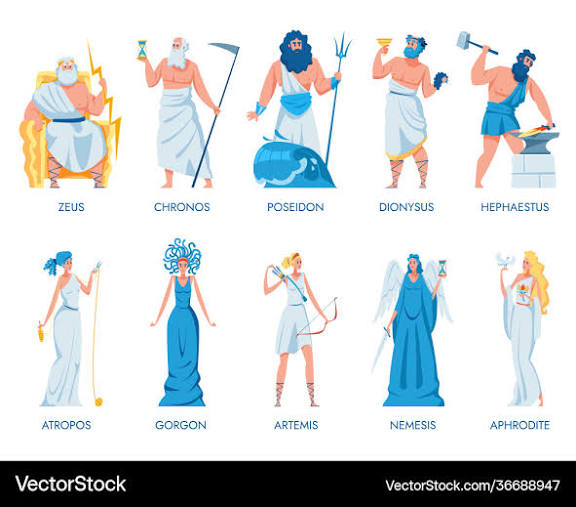
Greek Nationalism
The nationalism of the Greek people has been deeply rooted in their hearts since the beginning of history. Because of this, despite thousands of years of history and the challenges of enemies, the Greeks have continued to establish their nationalism and identity.
Writer GM Leghari

